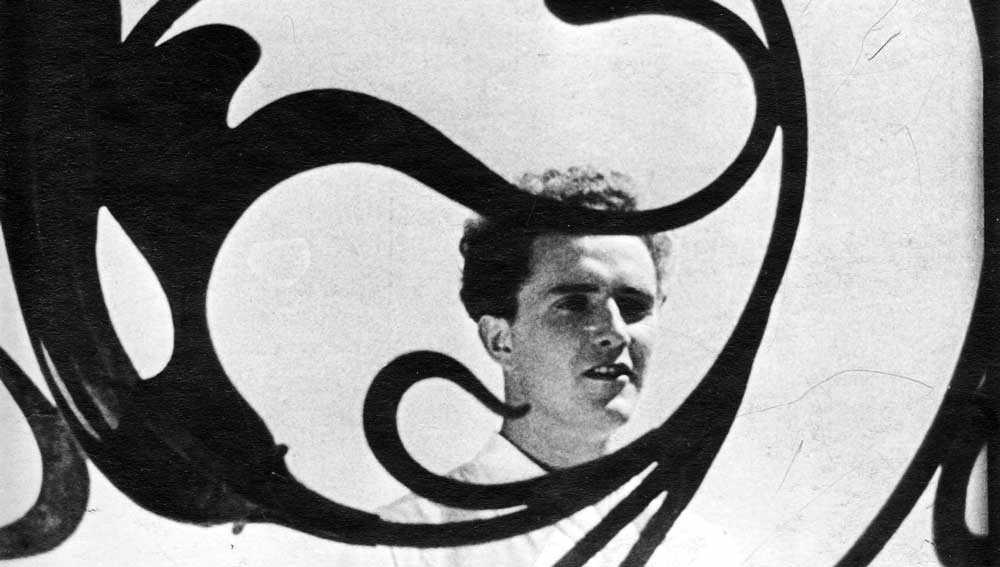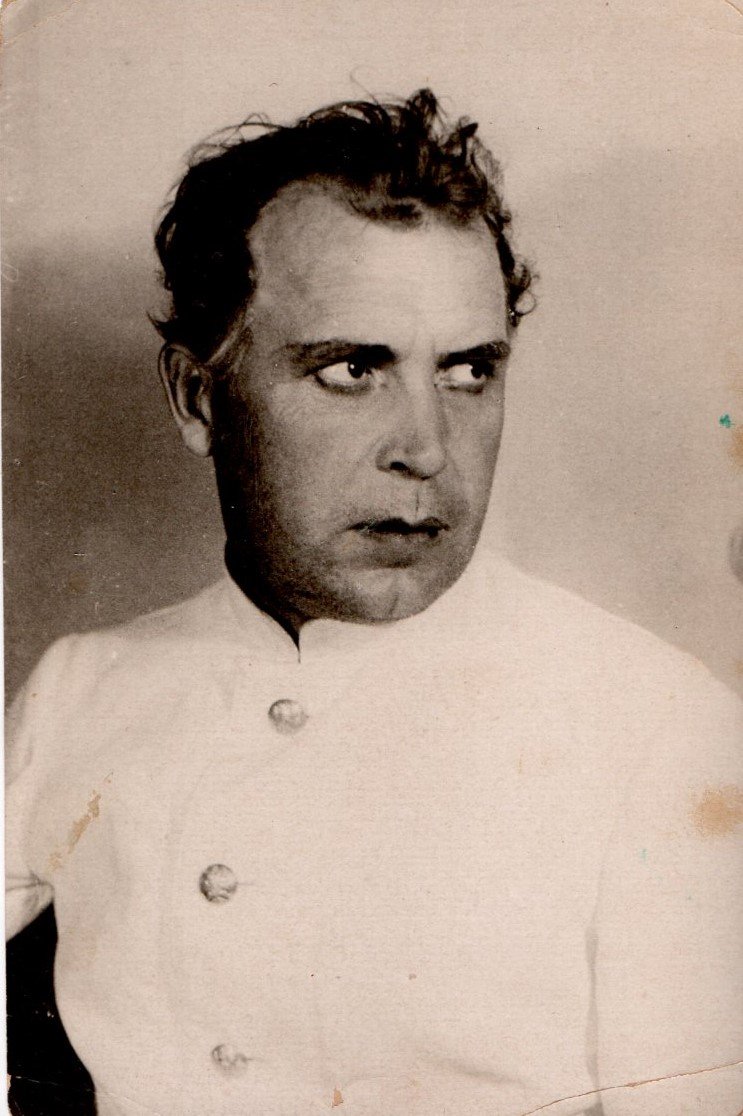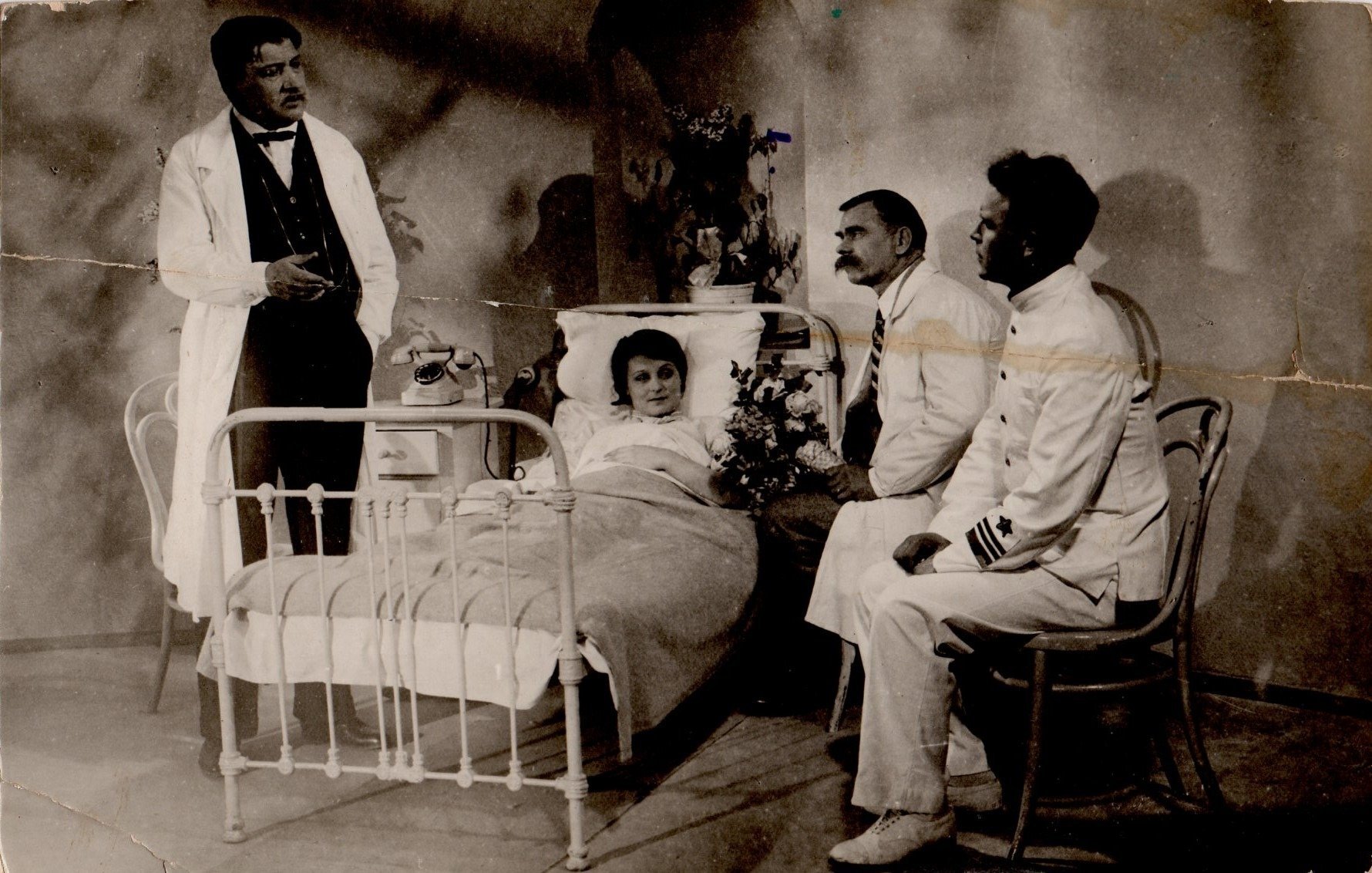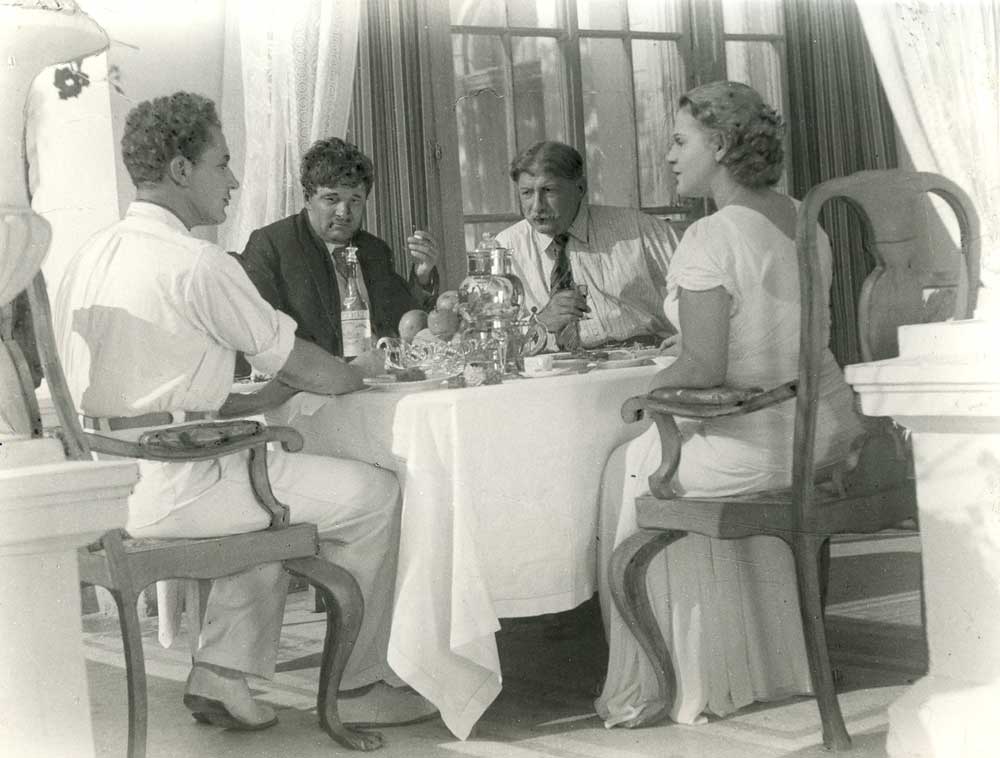
A Severe Young Man / Suvoryi yunak
1935
Ukrainian SSR
Ukrainfilm
100 min
Abram Room
Yurii Olesha
Yurii Yekelchyk
Yurii Yurev, Olga Zhyzneva, Dmytrii Dorliak, Maksim Shtraukh, Valentina Serova, Dmitrii Konsovskii
Hrisha Fokin is a young athlete and a member of the Komsomol. He falls in love with Mariia Stepanova, a respectable woman who happens to be the wife of the distinguished professor Yulian Stepanov. The main intrigue of the film revolves around this love triangle, and the central characters are grappling with issues of social equality, the dialectic of love, freedom of choice, and, in general, the permissibility of adultery.
A Severe Young Man is aptly identified as one of the most intriguing, mysterious, and unconventional Soviet films of the 1930s. It was filmed in Stalinist neoclassical settings reminiscent of Leni Riefenstahl’s Olympia (1936).
The film was based on a play by Yurii Olesha. The play had various working titles such as Disco Ball, Commissar of the Household, and Charming Komsomolets, and received favorable reviews at the time. The filming of the motion picture began at the Kyiv Film Studio; subsequently, in addition to Kyiv, film shooting also took place in Odesa. The renowned director Abram Room was brought in from Moscow to helm the project. He was already known for the 1927’s scandalous film Bed and Sofa (Tretia Mishchanska), which depicted an unusual love triangle and explored moral and ethical dilemmas.
In A Severe Young Man, Room employed a range of stylistic techniques and crafted striking parallels, drawing connections between young Komsomol members and ancient gods. Simultaneously, the film critiqued the new Soviet elite, portraying them as a replica of the hated bourgeoisie. However, these elements did not significantly change the film’s subsequent fate. Right after its release, the movie faced accusations of formalism and a detachment from reality, resulting in a ban that lasted for nearly 30 years. Subsequently, the film made sporadic appearances in VDIKU workshops and retrospectives until its eventual screening at the International Film Festival (IFF) in Berlin in 1990.


